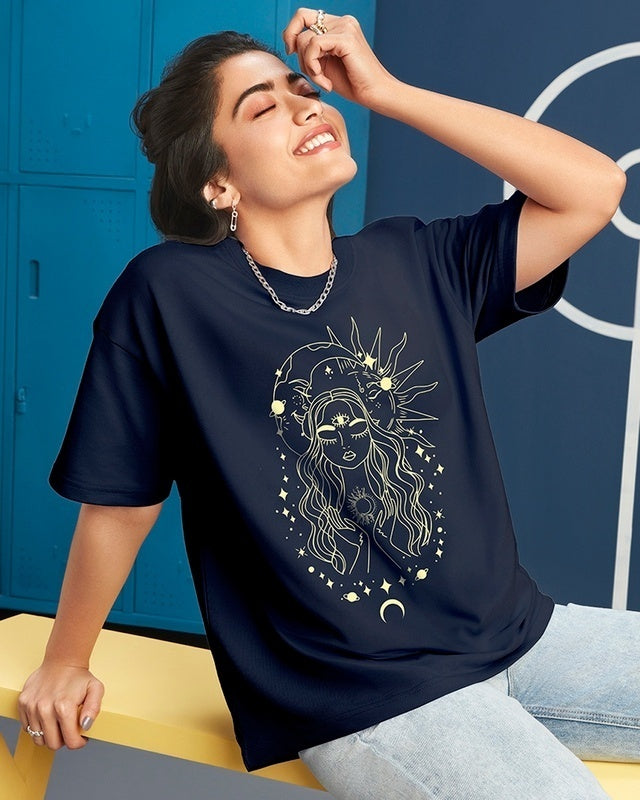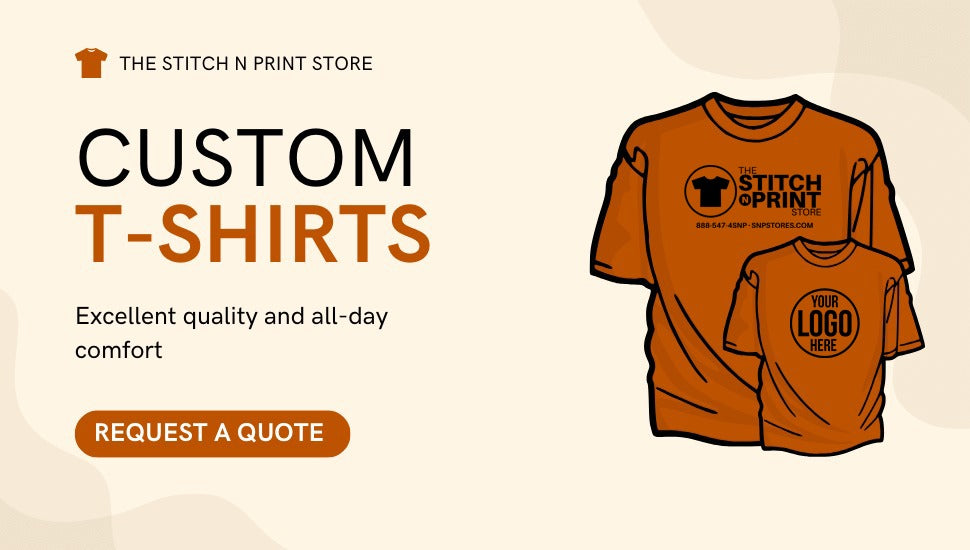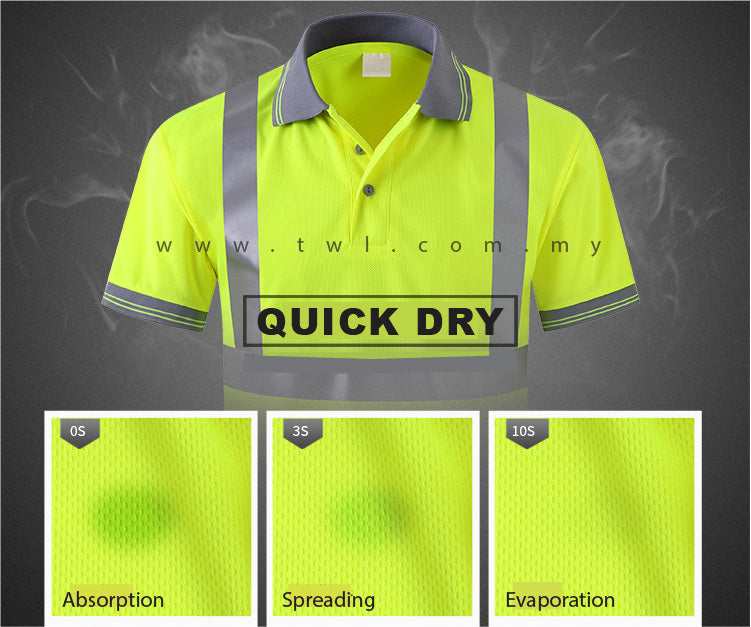Nonprofit organizations are always on the lookout for innovative ways to raise funds while simultaneously spreading awareness about their causes. In this age of social media and personalized experiences, custom T-shirts have emerged as a dynamic solution that combines style, utility, and community building. Selling custom T-shirts not only generates revenue but also transforms supporters into passionate advocates for your mission. This article delves into the multifaceted potential of custom T-shirts for nonprofits, discussing design, production, marketing, and effective fundraising strategies.
Custom T-Shirts: A Stylish Way to Fundraise for Nonprofits

Custom T-shirts serve as an engaging platform where nonprofits can express their brand identity, unify their supporters, and create lasting impressions. With the right design and message, these shirts can become powerful tools for advocacy and fundraising alike. Beyond mere apparel, they encapsulate the spirit of your organization and engage your audience on an emotional level.
The beauty of custom T-shirts lies in their versatility. Whether used as merchandise at events, incentives for donations, or promotional items for campaigns, these shirts can fit seamlessly into a variety of fundraising initiatives. Moreover, with advancements in printing technology and online marketplaces, creating and selling custom T-shirts has never been more accessible.
They effectively capture attention, encourage dialogue, and foster a sense of belonging among supporters. In essence, custom T-shirts are more than just clothing; they are symbols of commitment to a cause.
Building Brand Awareness
A well-designed custom T-shirt serves as a mobile advertisement for your nonprofit. When supporters wear your shirt, they inadvertently broadcast your message to a wider audience, raising awareness about your cause.
This organic form of promotion is incredibly valuable, especially when supporters wear the shirts in public spaces. Each time someone sees your T-shirt and engages with the wearer, it opens up opportunities for conversations around your mission. These discussions might lead to new partnerships, volunteers, or donors—a ripple effect that amplifies the impact of your organization.
Creating Unity Among Supporters
Custom T-shirts have the power to unite individuals under a collective identity. When supporters wear matching shirts, they foster a sense of camaraderie and belonging, which can significantly enhance the overall experience for everyone involved.
This unity is particularly crucial during events such as fundraisers, walks, or community gatherings. Wearing the same shirt visually reinforces the idea that everyone is part of something bigger. It cultivates a strong community spirit and encourages attendees to forge connections with one another, ultimately strengthening the bond between supporters and your nonprofit.
Tapping Into Emotions
Effective fundraising relies heavily on tapping into the emotions of your audience. By telling a compelling story through your T-shirt design, you can evoke feelings of compassion, urgency, or hope.
Incorporating imagery or slogans that resonate deeply with your cause can create a powerful emotional connection for prospective buyers. When people feel connected to a mission, they are more likely to support it financially. As a result, custom T-shirts become more than just an item to wear—they transform into a vehicle for change that aligns with the values and passions of your supporters.
Benefits of Using Custom T-Shirts for Nonprofit Fundraising
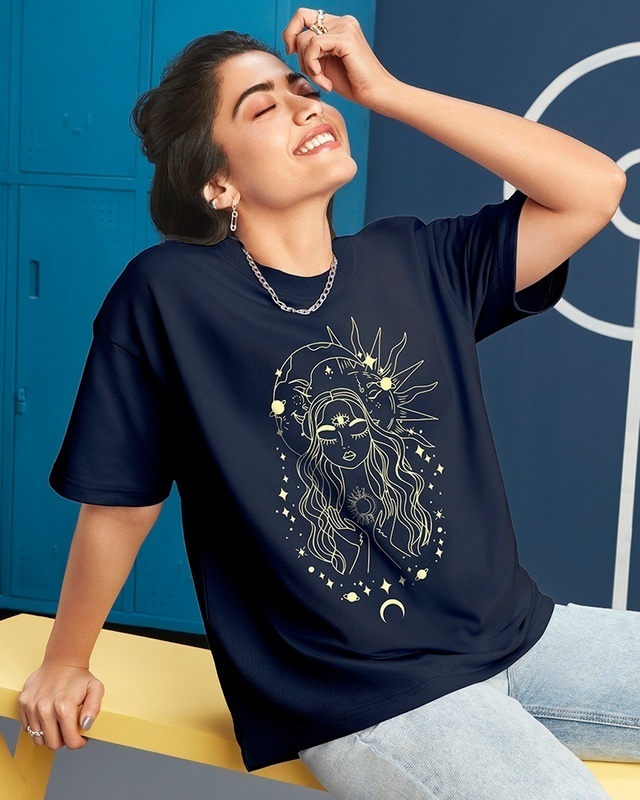
The benefits of utilizing custom T-shirts as a fundraising tool extend far beyond simple financial gain. They represent a unique intersection of marketing, community engagement, and advocacy, making them an invaluable asset for any nonprofit organization.
When executed correctly, T-shirt campaigns can yield significant returns while enhancing your organization's visibility and reputation within the community.
Financial Empowerment
One of the most obvious advantages of selling custom T-shirts is the financial support they provide to your nonprofit. The money generated through T-shirt sales can go directly toward funding programs, outreach initiatives, or other critical areas of need.
By setting competitive prices and offering tiered pricing for bulk purchases, you can create a model that maximizes profits while encouraging supporters to contribute more. Additionally, custom T-shirts can be a great way to attract new donors who may be interested in supporting your cause but may not yet know how to get involved.
Engaging New Audiences
Custom T-shirts can help you reach audiences that may not be familiar with your organization. By leveraging social media, websites, and local events to promote your T-shirt campaign, you can extend your reach beyond your existing supporter base.
As supporters proudly wear your T-shirts, they invite curiosity from others, allowing you to introduce your mission to new groups of individuals. This expanded exposure creates new opportunities for collaboration and support, ultimately benefiting your organization's long-term sustainability.
Enhancing Marketing Efforts
T-shirts can serve as an effective marketing tool that enhances your overall outreach efforts. By incorporating your logo, tagline, or cause-related graphics on custom shirts, you create visual assets that can drive engagement on multiple platforms.
Every time someone wears your T-shirt in public, they contribute to a larger narrative about your organization. This consistent branding reinforces your message, making it easier for potential supporters to recognize your nonprofit and its mission.
Designing Your Custom T-Shirts: Tips for Success

Designing an impactful custom T-shirt requires a thoughtful approach that emphasizes clarity, creativity, and alignment with your organizational values. The design will ultimately dictate how well the shirt resonates with your audience, so investing time in this process is essential for success.
Keep It Simple and Clear
When it comes to T-shirt design, less is often more. A cluttered design can dilute your message and make it difficult for people to understand what you're promoting. Opt for a clean, simple aesthetic that conveys a specific message or idea without overwhelming the viewer with too much information.
Consider using bold typography and striking visuals to draw attention to your core message. The goal is to create a design that is instantly recognizable and easily understood, even from a distance.
Reflect Your Mission and Values
Your T-shirt design should embody the heart of your organization’s mission. Use colors, images, and slogans that align with your brand identity and evoke the emotions associated with your cause.
For example, if your nonprofit focuses on environmental conservation, consider incorporating nature-themed graphics or colors that reflect the earth. This not only reinforces your mission but also makes it easier for supporters to connect with the design on a personal level.
Collaborate with Designers
If design isn't your strong suit, consider collaborating with a professional graphic designer to bring your vision to life. A skilled designer can help you create high-quality graphics that communicate your message effectively and ensure the final product is visually appealing.
Working with professionals can also save you time and prevent costly mistakes in the production process. Harnessing their expertise ensures you achieve a polished look that stands out from the competition.
Choosing the Right Printing Method for Your T-Shirts

Selecting the appropriate printing method for your custom T-shirts is crucial to ensuring quality and durability. Different methods offer varying levels of detail, cost, and longevity, so understanding these options will help you make an informed decision.
Screen Printing
Screen printing is one of the most popular methods for producing custom T-shirts. Within this technique, ink is pushed through a mesh stencil onto the fabric, allowing for vibrant colors and durable designs.
This method works best for larger quantities, as it becomes more cost-effective with increased volume. However, screen printing has limitations regarding color complexity, as each additional color requires a separate screen. If you’re working with a simple design with few colors, screen printing may be the ideal choice.
Direct-to-Garment Printing
Direct-to-garment (DTG) printing has gained popularity due to its flexibility and ability to handle intricate designs with multiple colors. This digital printing method sprays ink directly onto the fabric, similar to how a printer works.
While DTG is excellent for small runs and complex designs, it tends to be more expensive per unit compared to screen printing, especially at larger volumes. If your design features detailed artwork or gradients, DTG printing could provide the quality and intricacy you need.
Heat Transfer
Heat transfer printing involves transferring a design onto the fabric using heat and pressure. This method allows for versatile design options and can work well for both small and larger orders.
However, heat transfers may not be as durable as screen printing or DTG prints. Over time, the design can crack or peel, particularly with frequent washing. If you opt for heat transfer, ensure you choose high-quality materials to maintain durability.
Marketing Your Custom T-Shirt Fundraiser
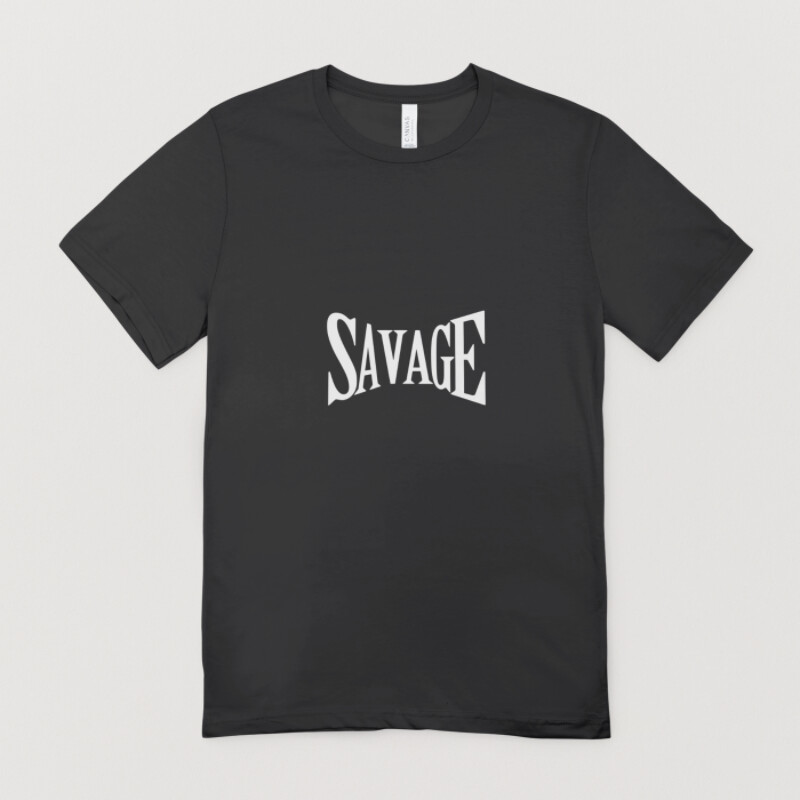
To maximize the success of your custom T-shirt fundraiser, it's essential to implement effective marketing strategies that generate interest, excitement, and sales. Creative marketing can amplify your reach and engage supporters in meaningful ways.
Utilizing Social Media Platforms
Social media is an invaluable tool for promoting your T-shirt campaign. Use platforms like Instagram, Facebook, and Twitter to showcase your designs, share stories related to your cause, and engage with followers.
Consider running targeted ad campaigns to reach specific demographics aligned with your cause. Encourage supporters to share posts about the T-shirts and tag friends, expanding your campaign's visibility organically.
Engaging Email Marketing
Email marketing remains one of the most effective ways to communicate with your existing supporter base. Craft compelling emails that announce your T-shirt campaign, including details about the designs, pricing, and the mission behind the fundraiser.
Include clear calls-to-action that direct readers to purchase the shirts. Consider segmenting your email list to tailor messages to different audience groups, ensuring that each recipient feels valued and engaged.
Partnering with Influencers
Influencer marketing can significantly boost your T-shirt campaign by reaching audiences who may not be familiar with your organization. Identify local influencers or individuals aligned with your cause and invite them to promote your T-shirts on their social media platforms.
This approach can create a buzz around your campaign and introduce your nonprofit to new supporters who trust the influencer's recommendations. Collaborations with influencers can enhance the credibility of your campaign and drive sales.
Setting Up Your Fundraising Campaign

Launching a successful custom T-shirt fundraiser requires careful planning and organization. By following a structured approach, you can ensure that your campaign runs smoothly from start to finish.
Establish Clear Goals
Before launching your T-shirt fundraiser, establish clear financial goals and objectives. Determine how much money you aim to raise and how the proceeds will benefit your nonprofit.
Setting specific and attainable goals can motivate your supporters and encourage participation. Share these goals publicly, fostering transparency and accountability throughout the campaign.
Create a Timeline
Develop a timeline that outlines key milestones leading up to the launch of your T-shirt campaign. Include important dates such as design finalization, production deadlines, and marketing initiatives.
A well-structured timeline will keep your team organized and focused, allowing you to monitor progress and make timely adjustments as needed. Ensure everyone involved in the campaign is aware of their responsibilities and deadlines.
Leverage Events for Launch
Consider hosting an event to kick off your T-shirt campaign. This could be a virtual gathering, a community fair, or a fundraising gala—whatever aligns best with your organization's culture and audience.
Events can create excitement around your campaign, drawing in supporters and generating hype. Use this opportunity to showcase your T-shirt designs, share stories about your cause, and encourage attendees to make purchases.
Pricing Your T-Shirts for Maximum Profit
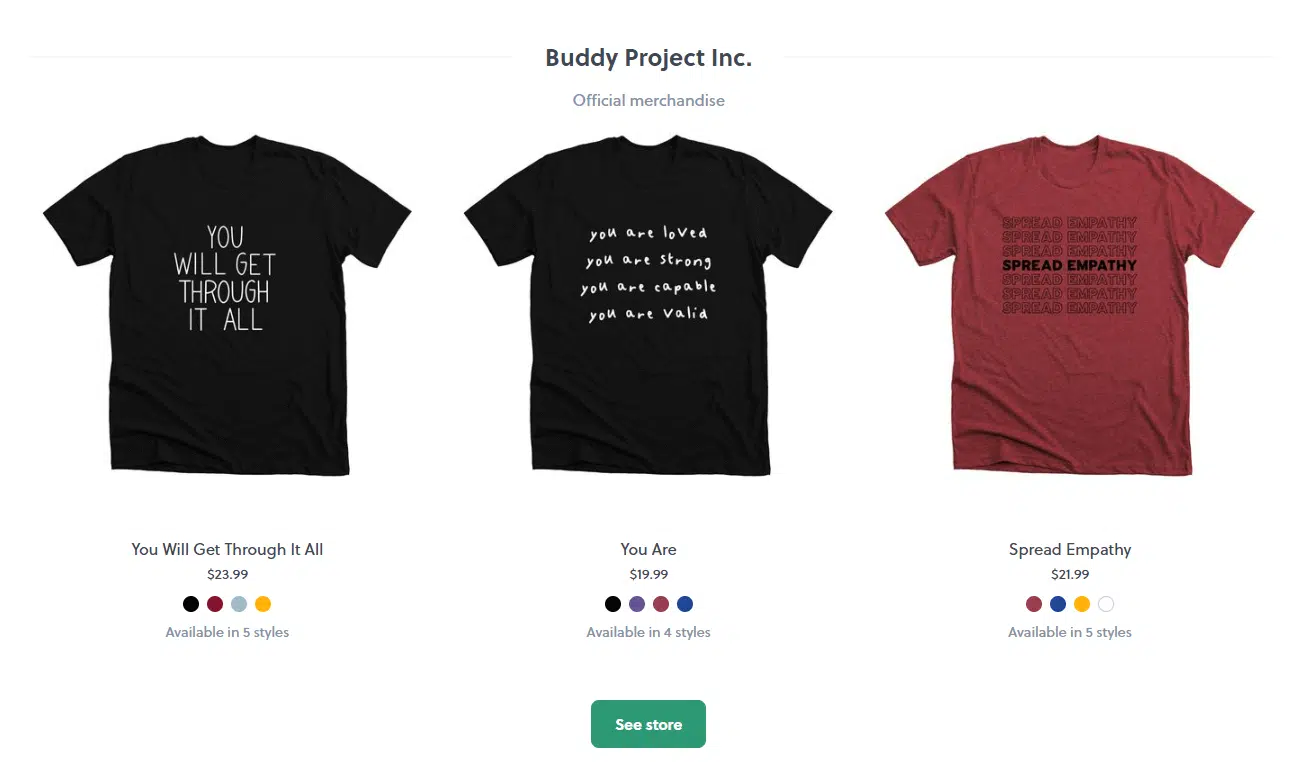
Pricing your custom T-shirts appropriately is essential to maximizing profit while remaining accessible to your supporters. Striking the right balance between affordability and profitability will determine the success of your fundraising campaign.
Research Market Trends
Conduct market research to gauge the average price range for custom T-shirts in your area. Analyze competitors and consider factors such as design quality, fabric type, and target audience when determining your pricing strategy.
Understanding your audience's willingness to pay can inform your decisions and help avoid overpricing or underpricing your T-shirts. Competitive pricing can drive sales while ensuring that your organization still benefits financially.
Consider Production Costs
Always account for production costs when establishing your pricing. This includes the cost of materials, printing, shipping, and any additional expenses related to your campaign.
Factor in desired profit margins and set a price that covers all costs while still being attractive to potential buyers. Offering discounts for bulk purchases can incentivize supporters to buy multiple shirts, ultimately increasing overall revenue.
Be Transparent About Contributions
Communicating how the funds from T-shirt sales will be utilized can enhance the perceived value of your products. Supporters are more likely to invest in your T-shirts if they understand the direct impact their purchase will have on your mission.
Consider displaying this information prominently on your marketing materials, website, and social media channels. Transparency fosters trust and encourages supporters to contribute to your cause.
Tips for Selling Your Custom T-Shirts
Successfully selling your custom T-shirts requires a proactive approach that capitalizes on opportunities to engage potential buyers. Here are some actionable tips to enhance your sales efforts.
Utilize Pre-orders
Consider offering pre-orders for your custom T-shirts before they are officially launched. This can create anticipation and excitement within your supporter community while offering a convenient way for individuals to secure their shirts early.
Pre-orders can also provide insight into demand, allowing you to adjust production quantities accordingly. Don’t forget to communicate estimated delivery dates so supporters know when to expect their purchases.
Encourage Word-of-Mouth Promotion
Word-of-mouth marketing can be immensely valuable in driving sales for your T-shirt campaign. Encourage your supporters to talk about the campaign, share their experiences, and promote the shirts within their networks.
Offer incentives for individuals who refer friends or family members to make purchases. This could be in the form of discounts, additional merchandise, or recognition on your organization's social media platforms.
Showcase Testimonials and Stories
Highlight testimonials or stories from beneficiaries or supporters who have been impacted by your organization. Sharing personal narratives can humanize your cause and encourage potential buyers to purchase T-shirts, knowing they are contributing to meaningful change.
Use visuals and quotes in your marketing materials to make these testimonials stand out. The more relatable and authentic the stories, the more compelling your T-shirt campaign becomes.
Maximizing Your Fundraising Impact

To truly harness the potential of your custom T-shirt fundraiser, consider implementing strategies designed to maximize your impact. It's essential to focus not only on immediate profits but also on long-term relationships with supporters.
Build a Community Around Your Cause
Creating a sense of community is vital for sustained engagement and support. Use your T-shirt campaign to foster interactions among supporters, encouraging them to share their experiences and connect over common interests.
Create online forums, social media groups, or dedicated hashtags where supporters can engage with one another. Building this community strengthens the bond between supporters and your organization, transcending beyond just the T-shirt sale.
Measure Campaign Effectiveness
Utilize tracking metrics to measure the effectiveness of your T-shirt fundraising campaign. Monitor sales numbers, customer engagement, and social media interactions to assess which aspects of the campaign resonated most with your supporters.
Regularly evaluate performance against established goals, making adjustments as necessary. Leveraging data analytics can inform future campaigns and help refine your fundraising strategies.
Acknowledge and Celebrate Supporters
Recognizing and celebrating your supporters is crucial for fostering loyalty and continued involvement. Send thank-you notes, shout-outs on social media, or host appreciation events to show gratitude for those who contributed to your T-shirt campaign.
These gestures not only leave a positive impression but also encourage repeat support in future fundraising efforts. Acknowledging your supporters builds trust and strengthens your organization’s reputation.
Examples of Successful Nonprofit T-Shirt Fundraisers

Learning from successful case studies can inspire and guide your own custom T-shirt fundraising efforts. Here are a few notable examples of nonprofits that have effectively harnessed the power of T-shirts for their initiatives.
The American Red Cross
After Hurricane Katrina, the American Red Cross launched a custom T-shirt campaign to raise funds and awareness for disaster relief efforts. They sold over 100,000 shirts, generating substantial revenue while increasing visibility for their mission.
The campaign featured strong messaging and eye-catching designs, allowing supporters to proudly wear their shirts while advocating for the organization. This initiative highlighted the importance of rapid response efforts in times of crisis.
The Humane Society
The Humane Society developed a successful T-shirt campaign featuring adorable animal designs that resonated with animal lovers everywhere. By incorporating passionate messaging about pet adoption and welfare, they raised millions of dollars to support their mission.
Their creative marketing strategies showcased the designs across various platforms, resulting in widespread engagement and sales. This example demonstrates how effective messaging coupled with artistic designs can have a profound impact on fundraising outcomes.
St. Jude Children's Research Hospital
St. Jude Children's Research Hospital utilizes custom T-shirts to promote their mission of providing care for children battling cancer. Their shirts prominently feature the hospital's logo and heartwarming slogans that reflect their commitment to saving lives.
Through ongoing T-shirt sales, St. Jude has generated significant revenue to support groundbreaking research and treatment options. Their focus on clear messaging and community involvement exemplifies best practices for nonprofit T-shirt fundraising.
Conclusion
Selling custom T-shirts offers nonprofit organizations a unique opportunity to raise funds, promote awareness, and build lasting connections with supporters. By focusing on creative design, efficient production, and strategic marketing, nonprofits can harness the power of custom T-shirts to amplify their impact and achieve fundraising goals.
Ultimately, the combination of stylish apparel and meaningful missions turns each T-shirt into a vehicle for change, empowering supporters to visibly advocate for causes they believe in. With careful planning and execution, your organization can successfully leverage custom T-shirts as an innovative fundraising tool that resonates with both current and prospective supporters.


